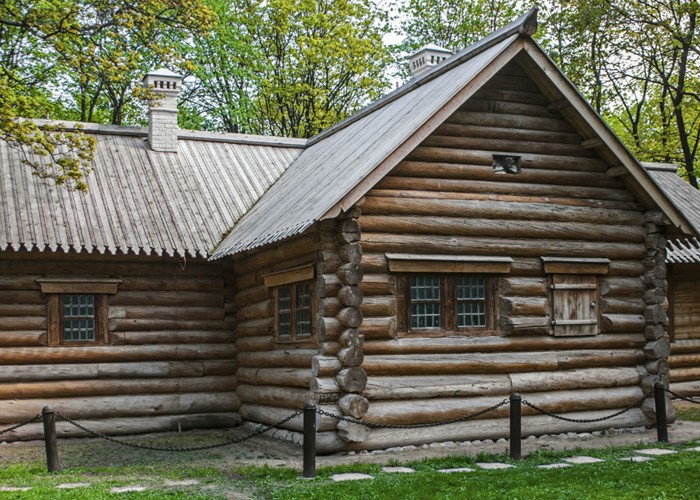How to turn your spare room into a one-room hotel

Cash-strapped homeowners can potentially earn thousands of pounds a year by letting out their spare room to travellers from around the world. But is it a good idea to cash in?
The past year or two has seen a number of peer-to-peer websites set up which help homeowners rent out their spare room on an ad-hoc basis. Positioned somewhere between a hotel and couchsurfing, “hosts” advertise space they have to rent out and “guests” make a booking.
Although spare rooms are most commonly advertised, you can let out all kinds of accommodation. At the lower end of the scale you might want to rent a futon in the living room to passing travellers, while some people might advertise their whole house to rent while they go on holiday.
The main players
The first website of this kind, and perhaps the best known, is airbnb.com. The site was set up by three designers in San Francisco in 2007. The trio let their loft apartment to visiting delegates at a conference when all the hotels in the city were booked up. The visitors slept on air mattresses, hence the website name.
Airbnb now offers accommodation in more than 26,000 cities in 192 countries and you can rent anything from a spare room in Lewisham to a private island in Canada.
Rival Wimdu.com was set up in Germany in March 2011 and opened a UK office in May 2011. Its slogan “travel like a local” highlights the facts that guests will get to see different side to destinations than if they’d stayed in a hotel.
9flats launched in February 2011 and currently lists more than 58,000 private accommodations in more than 100 countries, ranging from private rooms to apartments and houses. Founded by a German internet entrepreneur, it acquired American company www.istopover.com in August 2012, upping its presence in the US.
Roomwise is the new kid on the block in social travel and is currently working on encouraging more hosts to sign up. Based in Edinburgh, it’s the only UK-based social travel site.
How much money can you make?
How much money homeowners can make renting out spare space depends on what they’re offering and where. Travellers often come to big cities looking for a cheap place to stay so Londoners, especially, could have the opportunity to cash in.
Hosts can set prices per night, week or month and charge extra for more than one guest.
The best strategy when pricing your space is to look at what’s available in your area in terms of similar accommodation and price accordingly. A spare bedroom in London can earn you around £30 a night upwards.
Fees and charges
Social travel sites make their money by charging a fee to either the host or guest or both. How much often depends on the total value of your booking but I’ve put together a table of charges to give you an idea.
|
|
Listing |
Host fees |
Guest fees |
|
Airbnb |
Free |
3% |
6-12% |
|
Wimdu |
Free |
3% |
12% |
|
Roomwise |
Free |
0-3% |
6-12% |
|
9flats |
Free |
15% |
0 |
Going upmarket
If you have expensive tastes or a flash pad to rent out then Onefinestay.com, which describes itself as an “unhotel”, is an option. It only lists swanky properties in desirable areas in London and New York and only deals with whole properties to be rented out, not rooms.
Vive Unique offers a similar service and has a handpicked collection of apartments and townhouses in London, New York, Cape Town and a number of European capitals.
What can possibly go wrong?
Although there’s money to be made using social travel sites to generate an extra income, there’s the obvious downside of having a stranger or two crashing in the spare room.
All the sites have payment systems which mean no money changes hands between the traveller and the host. Also the sites generally wait until 24 hours after check-in, to make sure guests are satisfied, before passing the money on to the host.
In terms of safety, Airbnb, Wimdu and 9Flats have insurance which cover damage to property and Roomwise is working on its insurance offering. Guests can leave reviews of properties which might give you some peace of mind and you can also sign into the sites with Facebook and see where your friends have stayed.
More:
Rent A Room scheme: tax-free cash from your spare room
Last-minute travel apps to save you money
How to cut your Christmas travel costs
Comments
Be the first to comment
Do you want to comment on this article? You need to be signed in for this feature